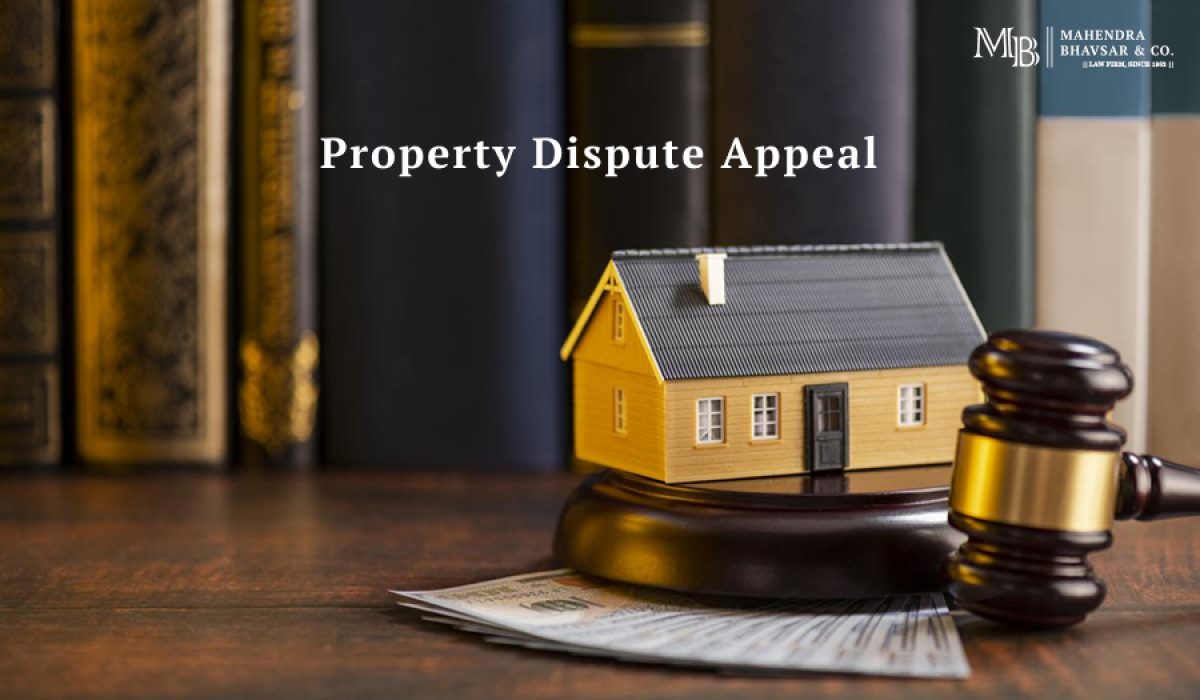Introduction
In Thirunagalingam v. Lingeswaran & Anr. [SLP(C) No. 17575 of 2023, decided on May 13, 2025], the Court dealt with the limits of judicial discretion under Section 5 of the Limitation Act, 1963 in condoning delay. A delay of 1116 days in filing a first appeal against an ex parte decree was declined on the ground that identical justifications had already been rejected in earlier litigation. The ruling reinforces the principle that limitation law must be respected, and recycling rejected grounds cannot justify condonation.
Factual Context
The case emerged from a sale agreement dated 17.08.2015, wherein the appellant sought specific performance when the respondent failed to execute the sale deed. Though the defendants initially participated by filing written statements, they later defaulted, leading to an ex parte decree on 07.02.2017.
After the decree, execution was pursued, and the property was registered in the appellant’s name.
Procedural History
- First Round: The respondents filed Order IX Rule 13 CPC applications to set aside the ex parte decree, delayed by 712 and 467 days. Though initially allowed by the trial court, the High Court reversed, and that decision was affirmed in SLP (C) Nos. 2054–55 of 2022.
- Second Round: The respondents then filed a first appeal under Section 96(2) CPC, along with a delay condonation application citing the same grounds as before. This was dismissed by the appellate court.
- Madras High Court Intervention: Surprisingly, the High Court condoned the delay, subject to a Rs. 1 lakh cost, and directed hearing on merits.
- Supreme Court Appeal: The appellant approached the apex court challenging this condonation order, arguing it undermined previous rulings.
Key Legal Issues
- Whether delay of 1116 days can be condoned based on recycled reasons already rejected in previous litigation.
- Applicability of Section 14 of the Limitation Act for exclusion of time spent in prior proceedings.
- Whether reliance on N. Mohan v. R. Madhu was legally sustainable given distinguishable facts.
Arguments
Appellant’s Contentions:
- The respondents were duly served and had participated in the suit; later absence was intentional.
- The earlier SLPs had already considered and rejected the very grounds now being re-argued.
- Permitting this would open floodgates for abuse of process.
Respondents’ Claims:
- Delay was neither wilful nor malafide.
- Time spent under Order IX Rule 13 proceedings ought to be excluded under Section 14.
- Preventing the appeal would cause irreparable harm due to loss of ownership rights.
Court’s Analysis
- Prior Participation and Absence of New Justification
The Court emphasized that the respondents had been duly served, filed written statements, and later opted out of the proceedings. Unlike N. Mohan, this was not a case of unserved summons. Thus, the High Court’s reliance on that precedent was misplaced. - Abuse of Process through Repetition
The Court held that once identical grounds for delay had been considered and rejected in previous proceedings, repackaging them in a new appeal constitutes abuse of process. There was no fresh cause or material disclosed. - Limitation Must Be Applied Strictly
Citing Popat Bahiru Goverdhane v. LAO and Maniben Devraj Shah v. MCGM, the Court reiterated that limitation statutes must be strictly construed and applied. Even if harsh, courts cannot bend timelines without sufficient cause. - Section 14 Not Attracted
The respondents tried to rely on Section 14 to exclude time spent in earlier litigation. The Court rejected this, noting that Section 14 requires good faith and due diligence. The prior dismissal already covered those grounds, and a second attempt could not revive them.
Final Judgment
The Court allowed the appeal and held:
- The 1116-day delay was inexcusable.
- No new justification or ground was presented.
- The High Court erred in law by condoning delay based on distinguishable case law.
- The principle of finality must prevail in civil litigation.
FAQs:
1. Can delay in filing a property appeal be condoned if the same reasons were rejected earlier?
No. If a court has already found the reasons insufficient in earlier proceedings, reusing them in a fresh appeal without any new justification will not merit condonation of delay.
2. What is Section 5 of the Limitation Act and when does it apply?
Section 5 allows courts to condone delays in certain legal filings if the party shows “sufficient cause” for the delay. However, this discretion is not automatic and must be used sparingly.
3. What does Section 14 of the Limitation Act provide for
Section 14 allows exclusion of time spent in pursuing a case in a wrong forum if done in good faith and with due diligence. It cannot be invoked if the same cause has already been rejected by competent courts.
4. Can multiple legal remedies be pursued simultaneously to challenge an ex parte decree
Yes, a party may file both an appeal and an application under Order IX Rule 13 CPC. However, once one remedy fails and grounds are rejected, the same reasons cannot justify delay in the other.
5. Why do courts strictly enforce limitation laws in civil disputes
Limitation ensures timely resolution of disputes and legal certainty. Courts uphold it to prevent endless litigation and protect the integrity of the judicial process.
Stay informed with insights that matter. Follow us for more updates on key legal developments.
Disclaimer
The content provided here is for general information only; it does not constitute legal advice. Reading them does not create a lawyer-client relationship, and Mahendra Bhavsar & Co. disclaims all liability for actions taken or omitted based on this content. Always obtain advice from qualified counsel for your specific circumstances. © Mahendra Bhavsar & Co.
